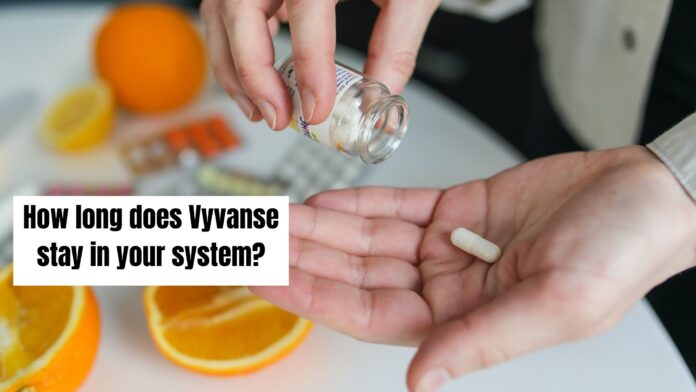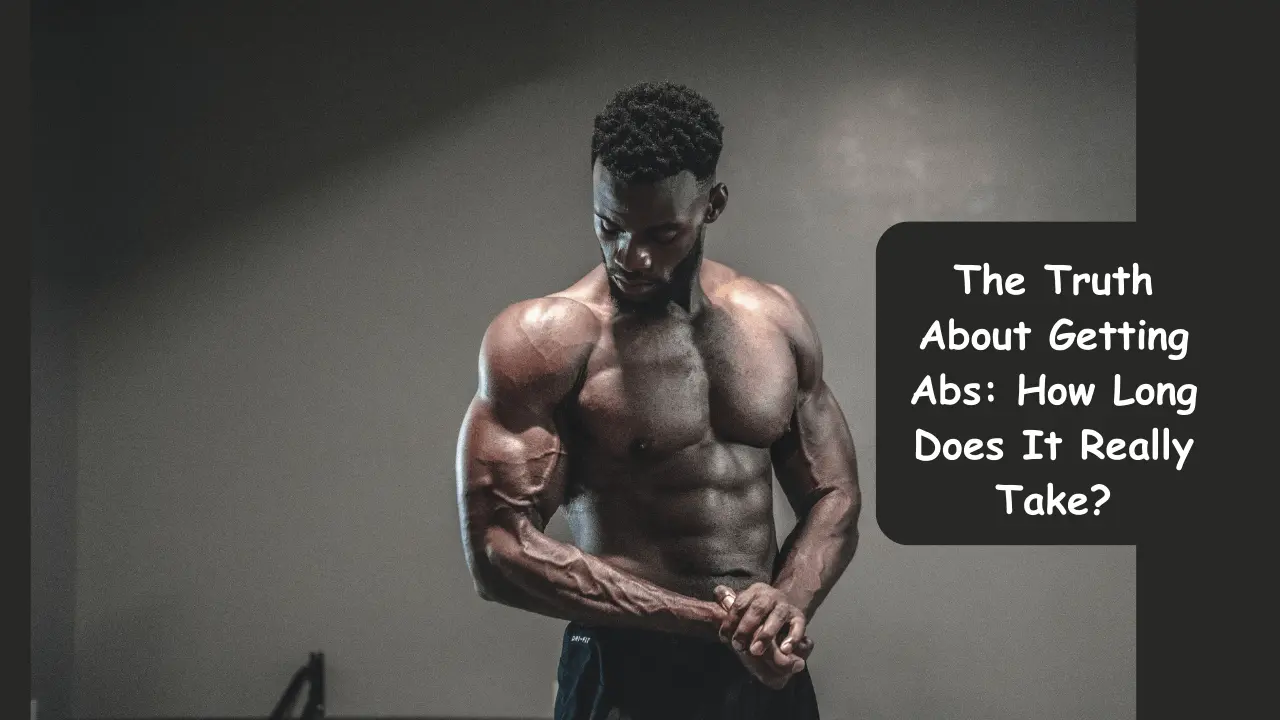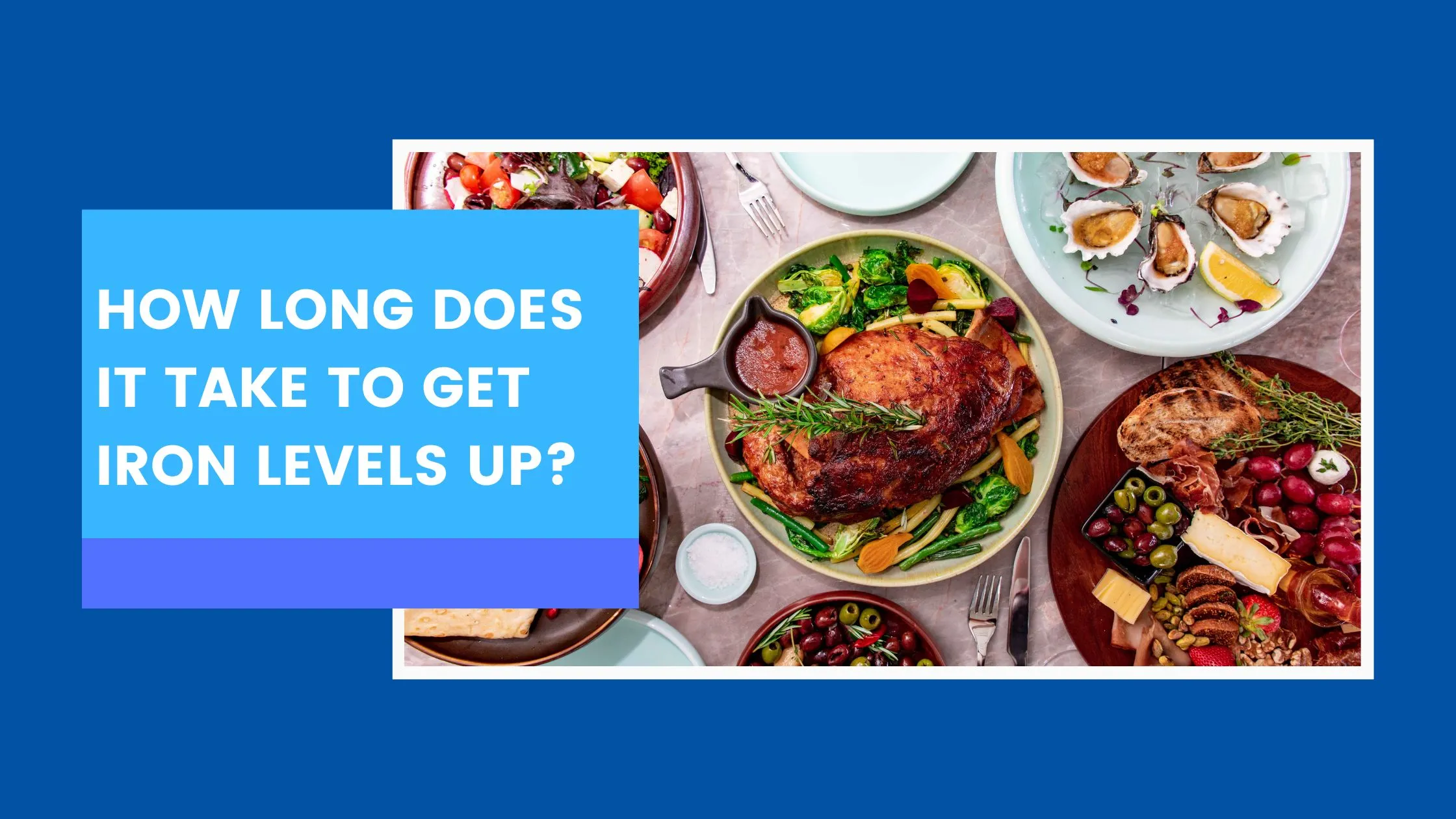Vyvanse is a prescription medication primarily used to treat attention deficit hyperactivity disorder (ADHD). It is also sometimes prescribed for individuals with eating disorders. However, it is important to note that Vyvanse has the potential for addiction and is sometimes misused by individuals seeking its stimulant effects.
Vyvanse can be safely used by individuals with legitimate medical conditions as long as it is taken according to the prescribed dosage. However, it is important to be aware that Vyvanse can be detected in drug tests, which can have implications in certain situations. In this blog post, we will explore the topic of “how long does Vyvanse last” and provide information about the proper administration of this medication.
What is the Duration of Vyvanse’s Effects?
In the book Workplace Drug Testing, the duration of a drug’s presence in the body is often assessed or measured based on its half-life, which represents the time taken for normal metabolic processes to reduce the drug concentration by half. Vyvanse contains lisdexamfetamine, which is naturally metabolized into the stimulant dextroamphetamine. Lisdexamfetamine itself is detectable for only a brief period (typically a few hours). On the other hand, dextroamphetamine, with a half-life of approximately 12 hours, remains detectable for a longer duration. Dextroamphetamine, being an amphetamine-like substance, would show up on most drug tests.
As a general estimation, it is often considered that it takes around 5.5 half-lives of a drug for it to be completely eliminated from the body. However, various factors can influence the metabolism of any drug, such as a person’s weight, gender, concurrent use of other drugs, and the dosage taken.
It is crucial to consider that multiple factors can affect the detectability of Vyvanse in the system. For example, if someone were to take multiple doses of Vyvanse several hours apart, the detectability window should be based on the time of their last use rather than when they initially started taking the drug.
In terms of the duration of effects, Vyvanse typically remains effective for a range of 10 to 14 hours.
How long does Vyvanse Last?
| Age Group | Duration of Effects |
| Children (6-12 years) | 10-12 hours |
| Adolescents (13-17 years) | 10-12 hours |
| Adults | 12-14 hours |
How long is Vyvanse taken, and when does it work?
Vyvanse is typically prescribed to be taken once a day, but in some cases, a doctor may recommend taking it twice daily. The medication is commonly administered in the morning and is used to treat Attention Deficit Hyperactivity Disorder (ADHD) as well as Binge Eating Disorder in both children and adults.
For children between the ages of 6 and 12 years, Vyvanse has been observed to show its effectiveness within approximately 1.5 hours after ingestion. It has proven to be effective in managing behavioural symptoms throughout the day, with the duration of effectiveness varying based on the time the medication is taken. Vyvanse can improve attention span in children for a duration ranging from 2 to 14 hours and can help reduce hyperactivity.
Vyvanse is also a medication used for the treatment of binge eating disorder. It can be taken for up to 12 weeks in patients with this condition. In longer-term studies, Vyvanse has demonstrated its efficacy in controlling binge eating symptoms for at least 38 weeks.
How long will a single dose of Vyvanse last in the body?
Vyvanse is designed to provide all-day coverage with a single dose, and it is important not to exceed the recommended maximum of two doses per day. Taking Vyvanse excessively or inappropriately can potentially contribute to the development or exacerbation of ADHD symptoms or lead to the onset of binge eating disorder. If you are using Vyvanse as prescribed by your healthcare provider and find that its effects wear off too quickly, it is advisable to consult with them for guidance and potential adjustments to your treatment plan.
FAQ
Q1: How long does Vyvanse stay in your system?
Ans: Vyvanse can be detected in blood for up to 8 hours, in urine for about 3 days, and in hair for approximately 1 month.
Q2: What is the recommended dosage of Vyvanse for ADHD?
Ans: The recommended dosage of Vyvanse for ADHD varies based on age and individual needs. It is best to consult a healthcare provider for proper dosage guidance.
Q3: What are the common side effects of Vyvanse?
Ans: Common side effects of Vyvanse may include decreased appetite, trouble sleeping, dry mouth, and increased heart rate.
Q4: Can Vyvanse be used in children?
Ans: Vyvanse is approved for use in children aged 6 years and older for the treatment of ADHD.







